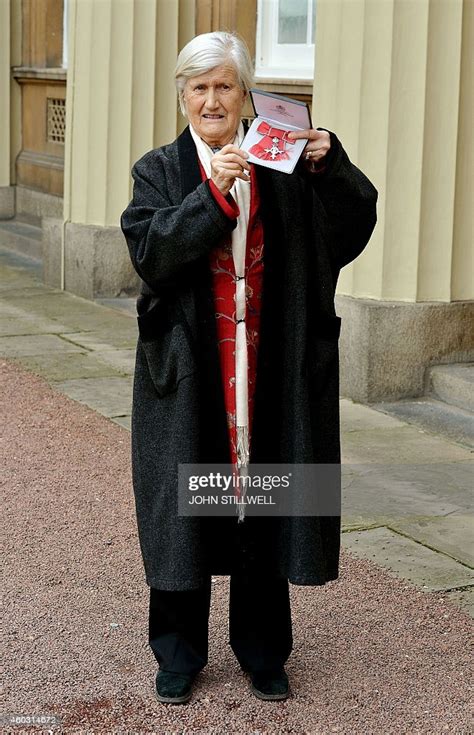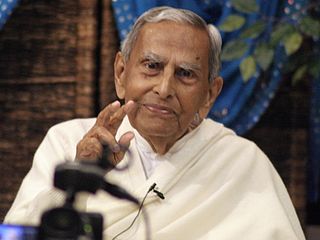A Quote by Liberty Hyde Bailey
One must first seek to love plants and nature, and then to cultivate that happy peace of mind which is satisfied with little. He will be happier if he has no rigid and arbitrary ideals, for gardens are coquettish, particularly with the novice.
Related Quotes
The first western gardens were those in the Mediterranean basin. There in the desert areas stretching from North Africa to the valleys of the Euphrates, the so-called cradle of civilization, where plants were first grown for crops by settled communities, garden enclosures were also constructed. Gardens emphasized the contrast between two separate worlds: the outer one where nature remained awe-inspiringly in control and an inner artificially created sanctuary, a refuge for man and plants from the burning desert, where shade trees and cool canals refreshed the spirit and ensured growth.
Stupid women, and all are stupid, think the first winning of the man the final victory. Then they settle down and grow fat, and stale, and dead, and heartbroken. Alas, they are so stupid. But you, little infant-woman with your first victory, you must make your love-life an unending chain of victories. Each day you must win your man again. And when you have won the last victory, when you can find no more to win, then ends love. Finis is written, and your man wanders in strange gardens.
Happiness, true happiness, is an inner quality. It is a state of mind. If your mind is at peace, you are happy. If your mind is at peace, but you have nothing else, you can be happy. If you have everything the world can give - pleasure, possessions, power - but lack peace of mind, you can never be happy.
The most outstanding characteristic of Eastern civilization is to know contentment, whereas that of Western civilization is not to know contentment. Contented Easterners are satisfied with their simple life and therefore do not seek to increase their material enjoyment... They are satisfied with their present lot and environment and therefore do not want to conquer nature but merely be at home with nature and at peace with their lot.
There is no short cut to God; sadhana must be performed regularly and with devotion. It is our own effort which will enable us to experience the grace of God which is being showered on us all the time. Therefore, whatever spare time you get, use it to seek God. If you create peace in your own heart by doing sadhana, then that will have a positive effect on your family, your work and so on. The peace and love of God will overflow out of your heart and encourage others to move on the right path.
I appeal from your customs. I must be myself. I cannot break myself anylonger for you, or you. If you can love me for what I am, we shall bethe happier. If you cannot, I will still seek to deserve that youshould. I will not hide my tastes or aversions. I will so trust thatwhat is deep is holy, that I will do strongly before the sun and moonwhatever inly rejoices me, and the heart appoints. If you are noble, Iwill love you; if you are not, I will not hurt you and myself byhypocritical attentions. If you are true, but not in the same truthwith me, cleave to your companions; I will seek my own.
If you will cling to Nature, to the simple in Nature, to the little things that hardly anyone sees, and that can so unexpectedly become big and beyond measuring; if you have this love of inconsiderable things and seek quite simply, as one who serves, to win the confidence of what seems poor: then everything will become easier, more coherent and somehow more conciliatory for you, not in your intellect, perhaps, which lags marveling behind, but in your inmost consciousness, waking and cognizance.





































